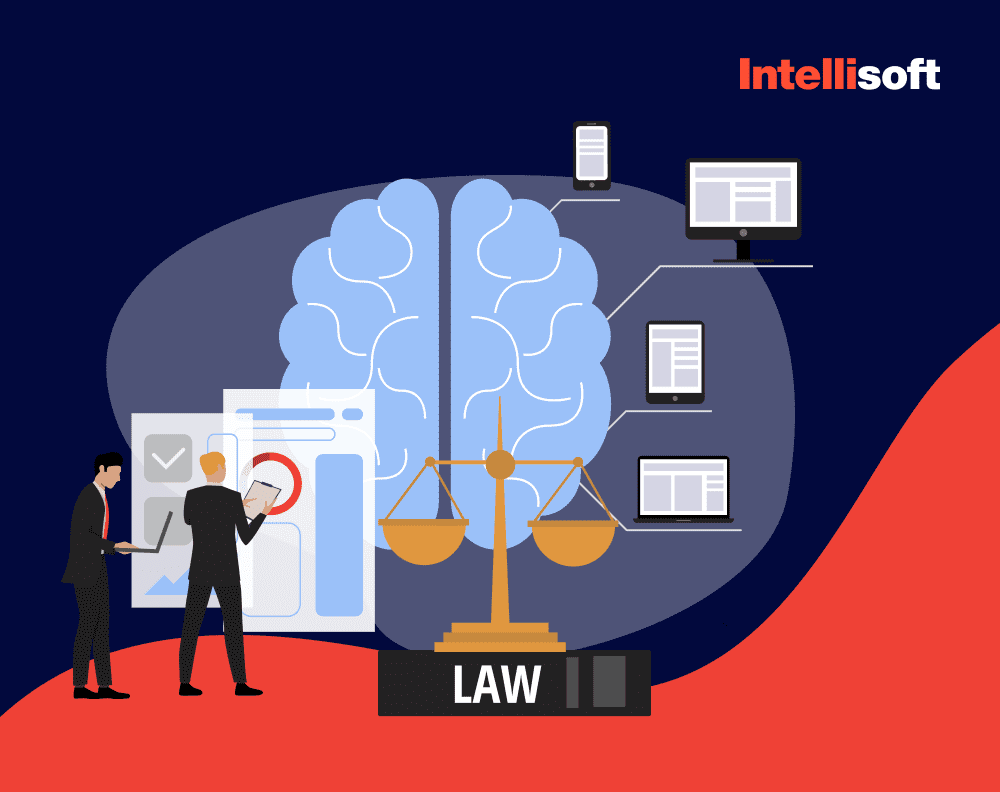ChatGPT may be coming for our jobs. Here are the 10 roles that AI is...
1. Tech jobs (Coders, computer programmers, software engineers, data analysts)
Experts suggest that AI, including ChatGPT, could potentially replace certain jobs, especially those in white-collar professions, by automating mid-level tasks. According to Business Insider, here are 10 jobs that this technology might take over.
Since its launch in November 2022, OpenAI's ChatGPT has been widely used for various tasks such as writing cover letters, creating children's books, and assisting students in essay writing.
It was reported that Google even considered hiring ChatGPT as an entry-level coder after finding its abilities impressive.
A recent study by Goldman Sachs highlighted that generative AI tools could potentially impact around 300 million full-time jobs globally, causing significant disruptions in the job market.
By 2030, approximately 12 million Americans in roles with decreasing demand may need to transition to new jobs due to automation, with AI predicted to automate 30% of total working hours in the US. Anu Madgavkar from the McKinsey Global Institute emphasized the importance of human oversight to prevent errors and biases while using such technologies.
According to experts, tech jobs such as coders, software engineers, and data analysts are at high risk of being replaced by AI tools like ChatGPT. AI's ability to process data accurately and efficiently poses a threat to these professions. Even tasks that traditionally require human intervention, such as coding, could be performed faster and with fewer employees by advanced AI technology.
While some believe AI can enhance rather than replace jobs, the potential impact on tech roles remains a topic of discussion.

2. Media jobs (advertising, content creation, technical writing, journalism)
Media professionals working in areas like advertising, journalism, and content creation could also face potential job disruptions due to AI advancements such as ChatGPT. AI's proficiency in text-based tasks, including reading and writing, suggests that it could excel in roles that involve analyzing and interpreting large amounts of textual data.
Economist Paul Krugman mentioned in a New York Times op-ed that AI tools like ChatGPT might outperform humans in tasks like reporting and writing, highlighting the efficiency of these technologies in the media industry.
Some media outlets have already started experimenting with AI-generated content, with mixed results. While AI tools can assist in generating content like articles, quizzes, and guides, the need for human judgment in creative occupations remains significant.
3. Legal industry jobs (paralegals, legal assistants)
A study by Goldman Sachs revealed that generative AI could impact jobs in the legal sector. The report emphasized that legal services jobs, including those of paralegals and legal assistants, had already been exposed to AI automation before the emergence of newer AI technologies.
Similar to roles in the media industry, jobs in the legal sector that involve tasks like document review and legal research may be at risk of automation by AI tools.










